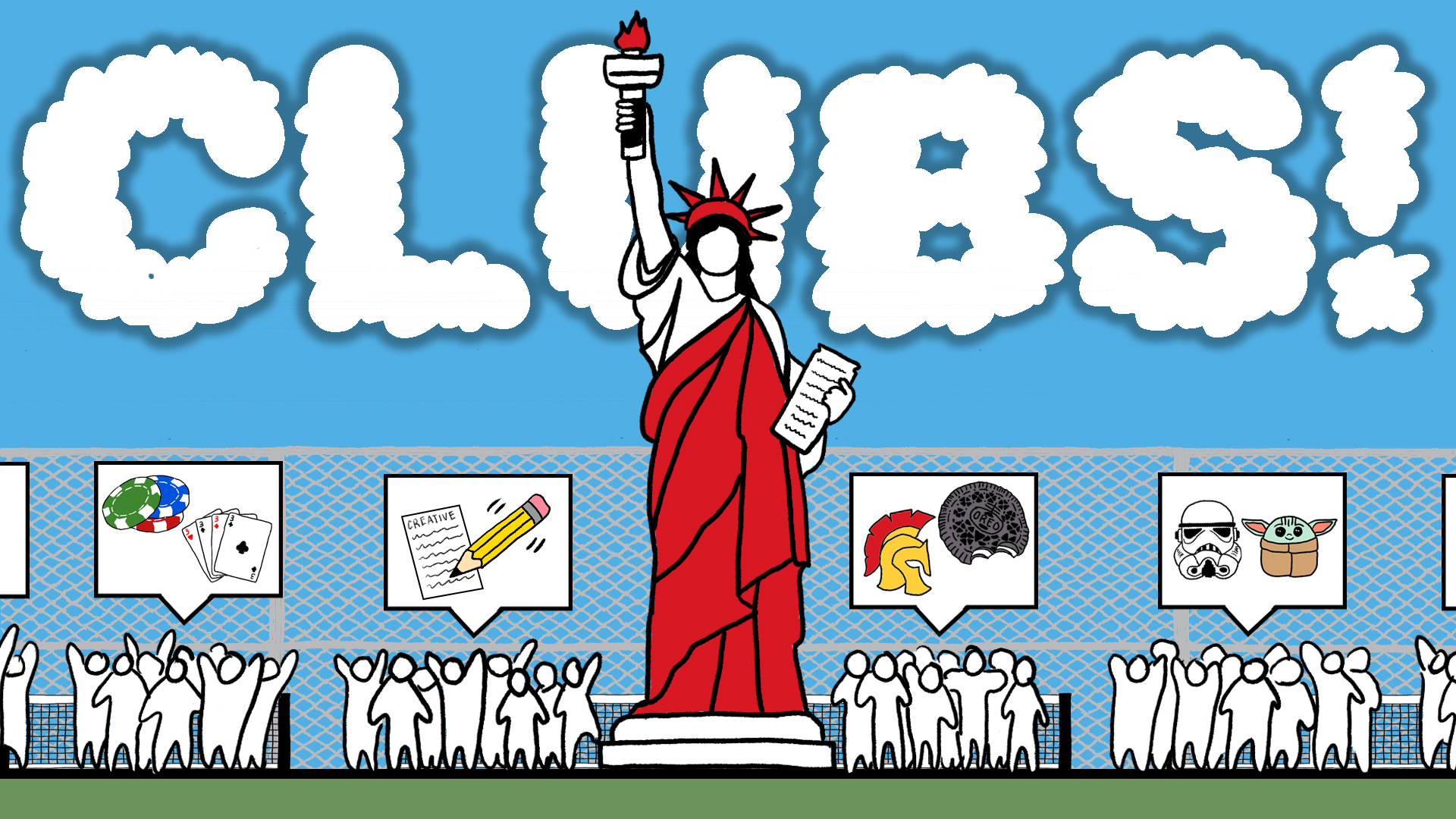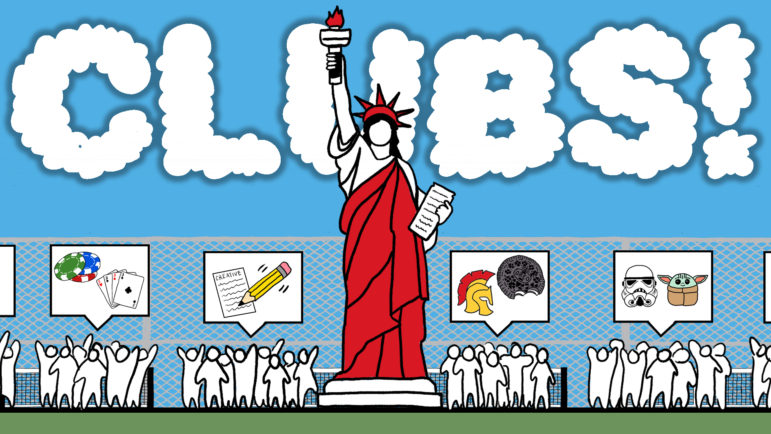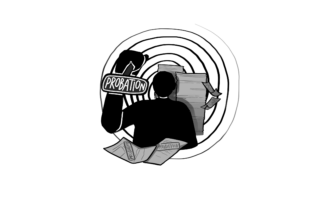

Over the past two years, COVID-19 has caused unprecedented changes to campus life, including the logistics of clubs. While clubs are managed differently than they were prior to the pandemic, the Aragon Associated Student Body has somewhat successfully maintained Aragon’s diverse range of clubs. Even in the wake of constantly changing school and district policies, many clubs have been able to continue meeting and hosting events. However, although ASB has been very involved in planning events and managing club procedure, such oversight has conversely limited clubs’ agency over their involvement and participation in various initiatives. Thus, the editors of The Aragon Outlook believe that ASB should allow clubs to maintain their autonomy while also incorporating input from clubs in decisions.
There has generally been little input from clubs when planning events like the club carnival. While club officers were instructed to publicize their clubs in the game instruction material, many were unaware. When planning similar events in the future, it would be beneficial to garner more input from each club if officers will be hosting the event. There was no explicit area in the club charter which detailed such participation, but this information should be added in future years to ensure club officers are aware of the responsibility of the carnival, if it’s continued. Moreover, ASB could give club officers the discretion to tailor the games toward each respective club’s area of interest, creating more opportunities for officers to decorate and publicize their stands and aiding in club outreach and interest.
ASB decisions should have also been more explicitly communicated with clubs and club officers. There is no official constitution for club-running procedures, meaning that procedures outlined by ASB were only accessible through the emails sent out to club officers. Creating and publicizing a club officer handbook in addition to a constitution will allow officers to remain informed and aware of the rules and regulations their clubs are subject to. The ambiguity surrounding ASB’s jurisdiction over clubs and club events makes it extremely difficult to know what it can or cannot do, and allows ASB to overreach in regards to certain decisions about the way clubs are run.
This overreach is evident through some of the decisions made throughout the school year. While some clubs like Model United Nations and Mock Trial have rigid, structured schedules, a majority of clubs do not. Requiring submissions of agendas both during the establishment of each club as well as throughout the year promotes the idea that clubs must be productive each meeting and that complications don’t arise throughout each semester. Some clubs are created for the sole purpose of socializing, and mandating productivity undermines the purpose of these clubs.
Currently, clubs receive strikes for actions like not submitting a certain portion of their weekly minutes, not participating in events like the club fair and club carnival or not posting flyers in A hall when instructed to do so. A club that has received three strikes is consequently dissolved by ASB. As it stands, the current penalty system feels arbitrary, so the publicization of clearly outlined rules and regulations would prevent confusion in the future. A potential solution would be to clearly outline violations that would warrant a strike. Additionally, ranking the violations in terms of severity would help clarify the conditions under which a club would be dissolved. For example, if a club committed three class A violations, two class B violations or one class C violation, then they would be dissolved. While there is some merit in maintaining structure regarding club affairs, the harsh punishments and lack of leeway confine clubs to pseudo-organizations rather than conventional clubs.
Although conditions and regulations are subject to change, ASB should be aware of feedback from club officers and integrate such input to form a collaborative environment.


